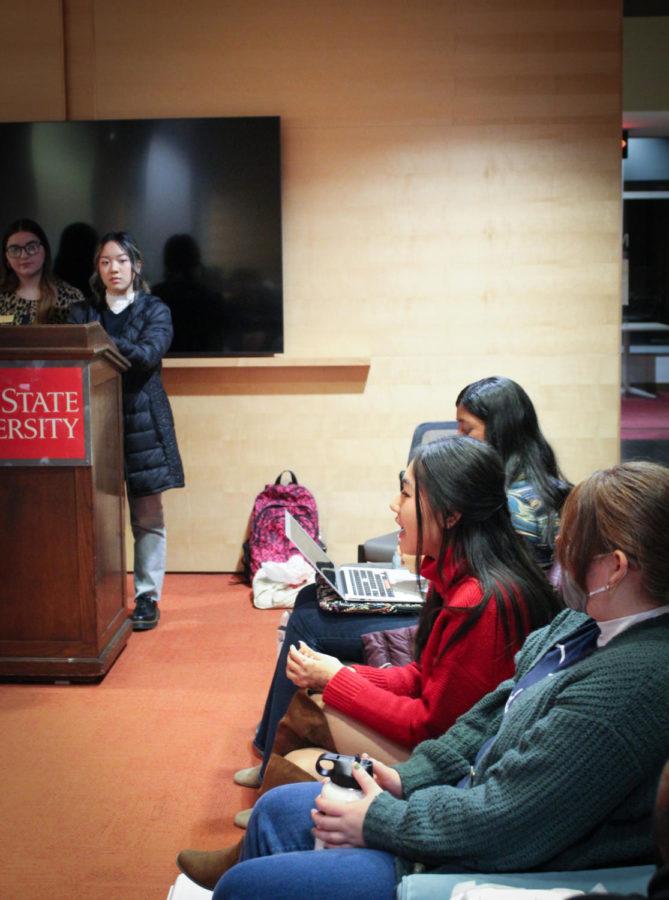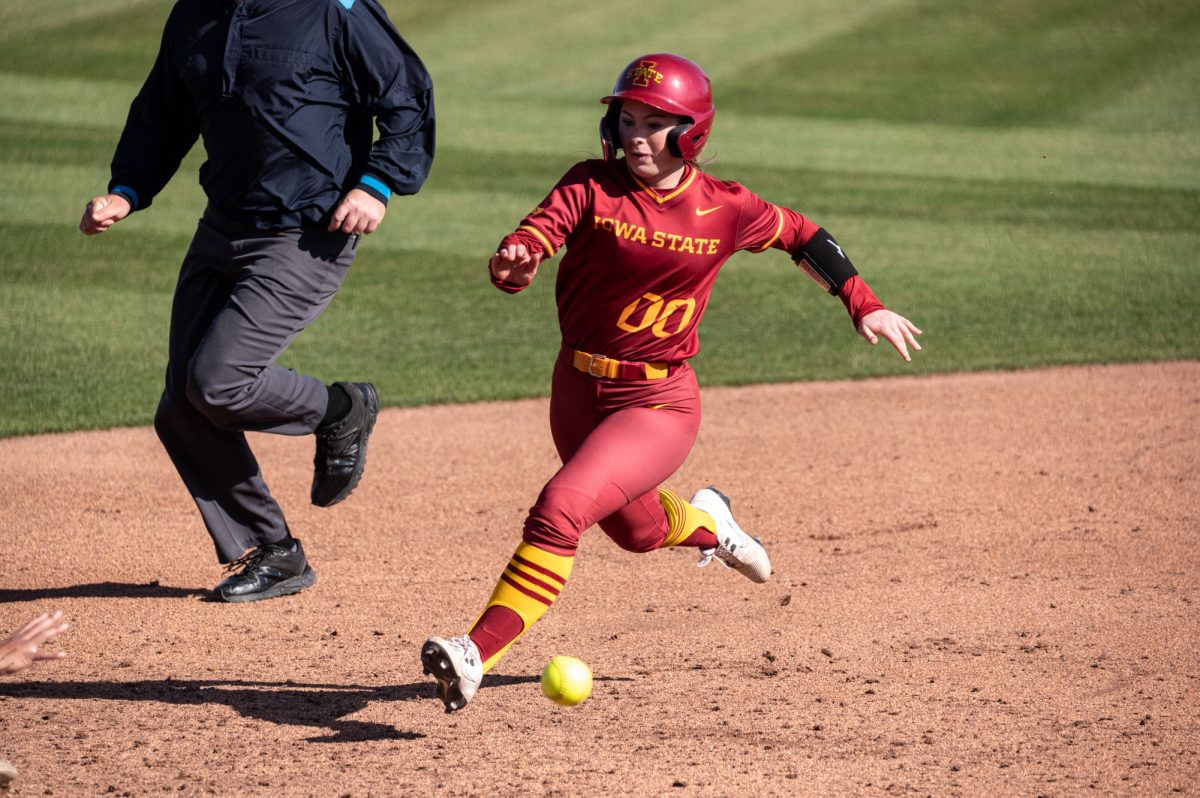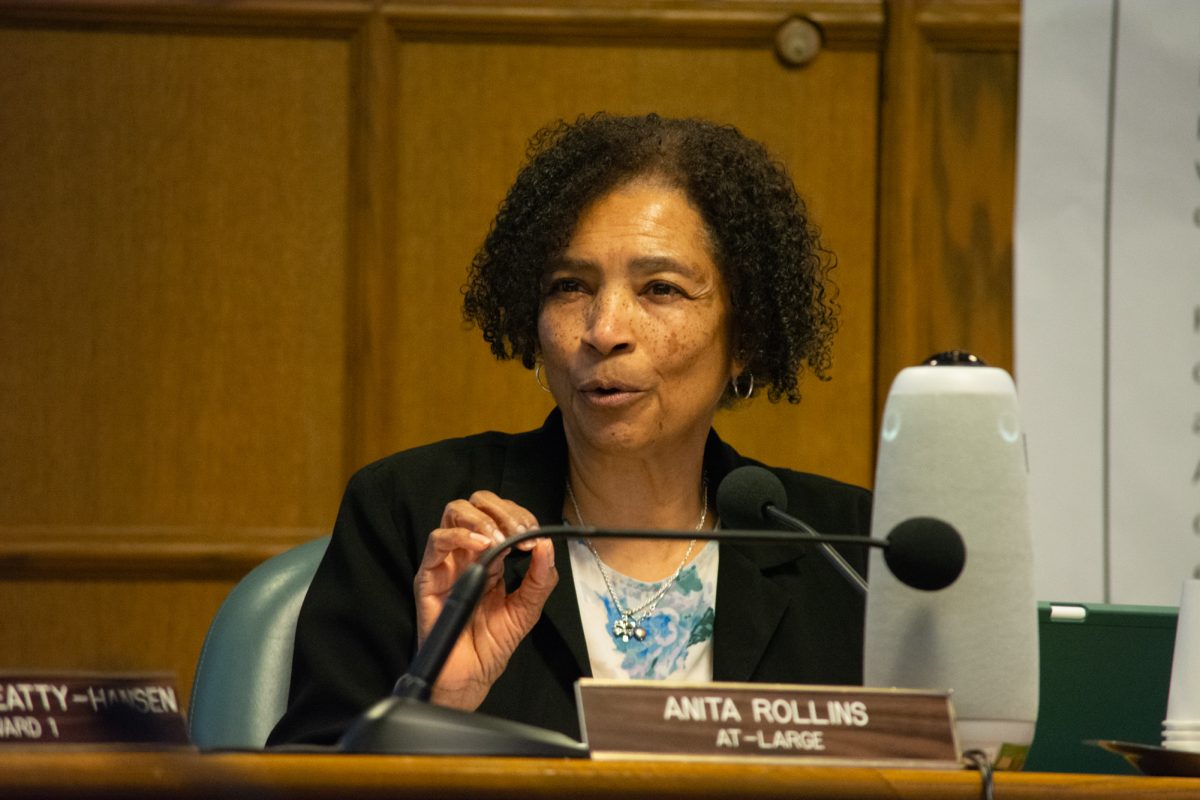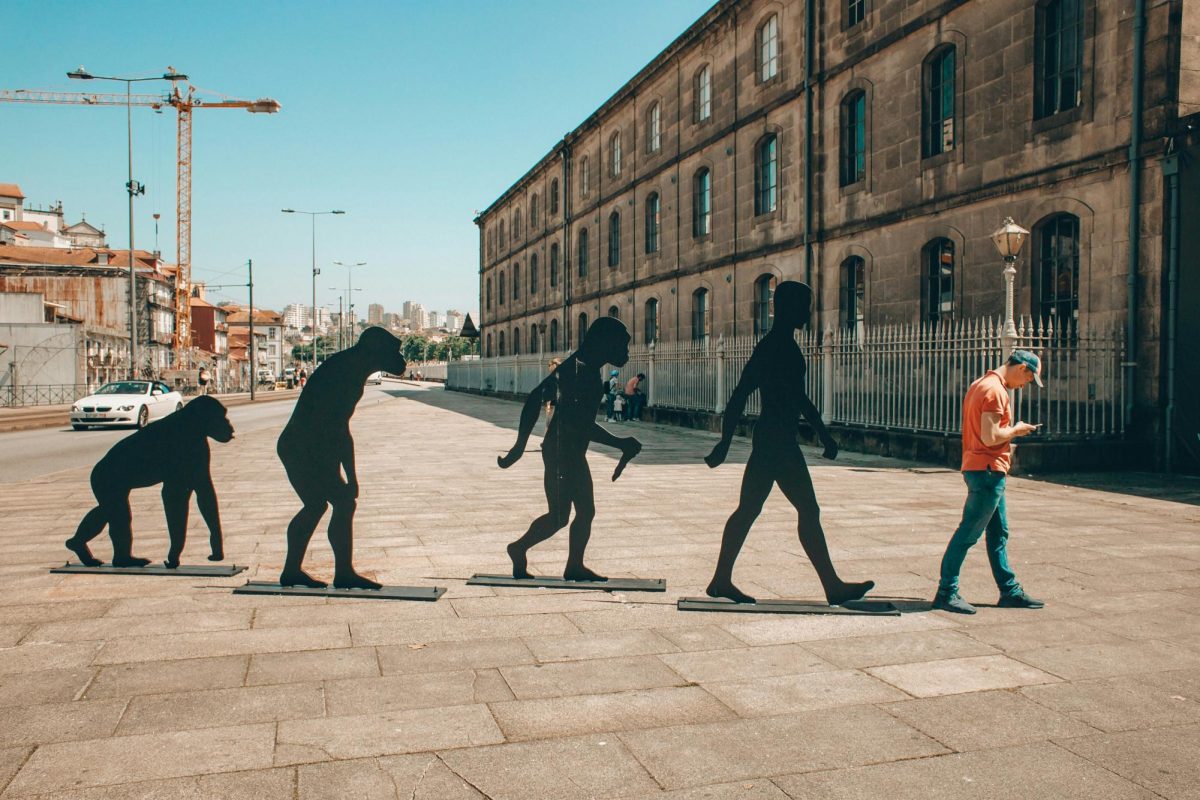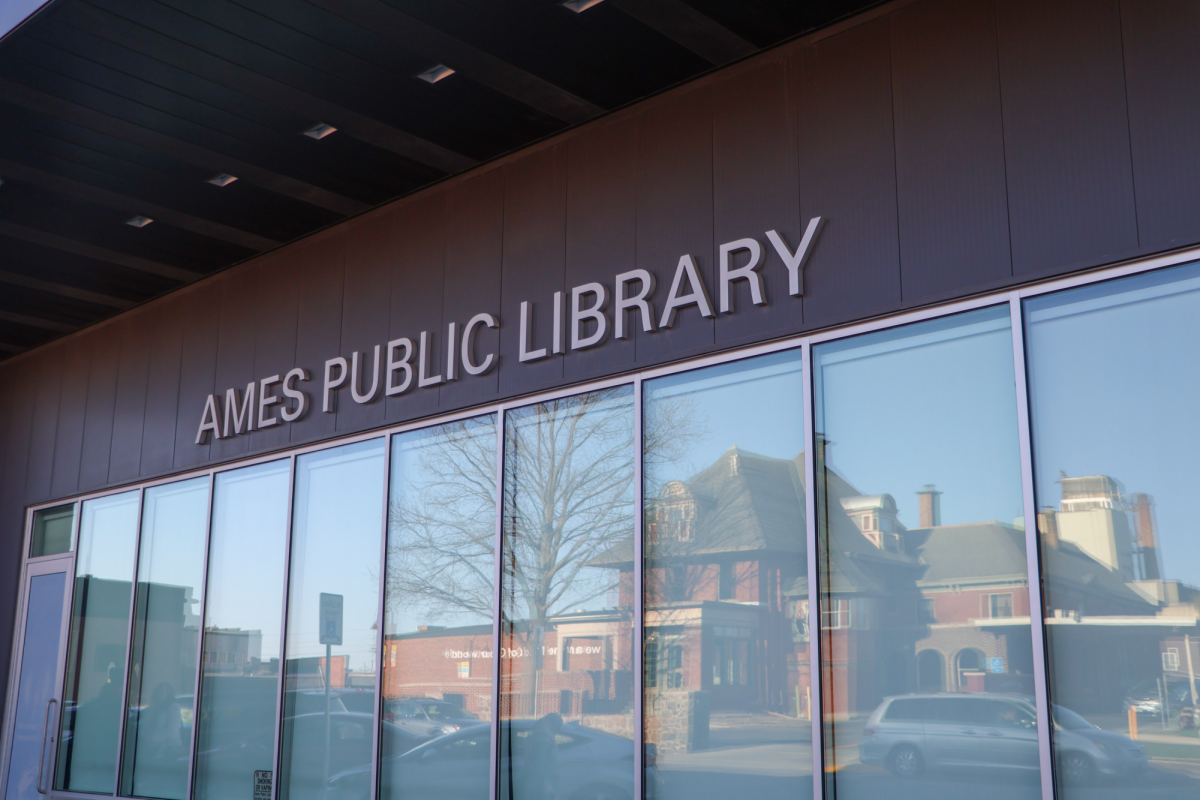Students call on Stugov to delegate multicultural seats in the Senate
Iowa State University Student Government conducting their second multicultural town hall on Nov. 15.
November 15, 2021
Editor’s note: A previous version of this article incorrectly stated Vice Speaker Eliana Crabb was the only women of color on the executive cabinet. It has since been corrected to read she is the only women of color on Chief Officers. The Daily regrets this error.
Take this survey about amending the Student Government constitution to adopt seats in the Senate specifically for marginalized communities.
Iowa State students expressed the need for designated seats to represent marginalized communities on the Student Government Senate during the multicultural town hall Monday.
The discussion centered around increasing outreach to inform constituents about Student Government and elections.
This was the second town hall of the fall semester. The first one took place in October as part of the new Student Government bylaw that requires at least one multicultural town hall a semester.
Members of the Student Government Diversity and Inclusion Committee asked the audience questions on how to better represent multicultural students. The discussion centered around creating space for marginalized students within Student Government.
One question asked was on if Student Government actually represents multicultural students? Multiple students said they did not know about Student Government when they first began at Iowa State University. Quita Jackson, a junior majoring in business analytics said she doesn’t believe the Student Government is representative of multicultural and international students.
“I think the fact that nobody knows is the answer to your question, it is a hard no,” Jackson said. “Because if you are attending a university and you don’t know what represents you, or if there is a body that represents you that just proves there is nothing that represents you.”
Off-Campus Residence Senator Daniel Hayes, a senior majoring in political science, said the knowledge about Student Government among the student body as a whole is low, highlighting election turnout usually falls around 15 percent.
“I feel like we currently have positions available for of all people to come in, have a seat at the table, as long as they run and are able to participate,” Hayes said. “I don’t think there’s like an unnecessary barrier, but perhaps for leaders, there’s outreach shove on our end that needs to be done in order to get more multicultural students involved.”
Director for Diversity and Inclusion Alejandra Flores, a senior majoring in political science, helped initiate the town hall. She said the committee is currently working to implement additional senate seats for various multicultural positions, but there are procedural limitations they need to bypass first.
To create additional senate seats, the Senate would have to pass a constitutional amendment that requires a ⅔ majority vote. The alternative option for amending the Student Government constitution is petitioning 2,000 student signatures in favor of the change.
“Getting ⅔ of the Senate, that is proving to be a lot harder than we thought,” Flores said. “So 2,000 signatures seems to be the easier to get it seems like, so that might have to be the option. Because personally, I am not going to let something small like I can’t convince 28 white people that this is good, so might as well get a ton of students like you guys who do want it [change the bylaws] to sign it.”
LAS Senator Natalia Rios Martinez, a senior majoring in political science, said there are logistical issues that have to be resolved. Students vote for their representatives based on their college and where their residency is. Martinez said determining who would qualify as the constituents for the multicultural seats is a challenge still being debated.
Some members of Student Government are graduating after the fall semester, leaving open seats for new students. Vice Speaker Eliana Crabb, a senior majoring in hospitality management is the only woman of color on the on Chief Officers for Student Government. Crabb said she, along with others, have contributed a lot of work to Student Government and she is scared there will be no one of color serving on Chief Officers.
Within leadership roles, 16 women have been elected to serve as president and 18 women as vice president of the Iowa State Student Government.
“As a woman of color having both of those barriers, that is something that discourages someone like me from applying to that position because I know statistically speaking that those positions have never been occupied by someone who looks like me and has the same experiences as me,” Mia Kawamitsu, a junior majoring in journalism and mass communications said.
The Student Government elections take place during the spring semester. Martinez said the Diversity and Inclusion Committee is working to pass the amendment to delegate multicultural seats, but even if they are successful, the additional seats wouldn’t be included until the following spring election cycle for procedural reasons.
“I would love to see you all in these roles,” Finance Director Mason Zastrow, a senior majoring in political science said. “The conversations we are having here, if we were to have you guys in the Senate voting on these things and be one of those 28 people in the room, and if this doesn’t happen this coming year then you guys can be the people to put it on the ballot next year.”
Black Student Alliance (BSA) Treasurer Ma’Kaiyla Johnson said if the petition were sent to campus organizations like BSA the amendment would likely pass because there is a demand for adequate space for marginalized groups coming from the student body.
“You talk about you think that we should just go for a seat but what if those people who don’t know that seat is available to us?” Johnson said. “How are you going to tell us that it is available to us if there aren’t any spots for it? This isn’t even just a Student Government thing it is a world thing.”


